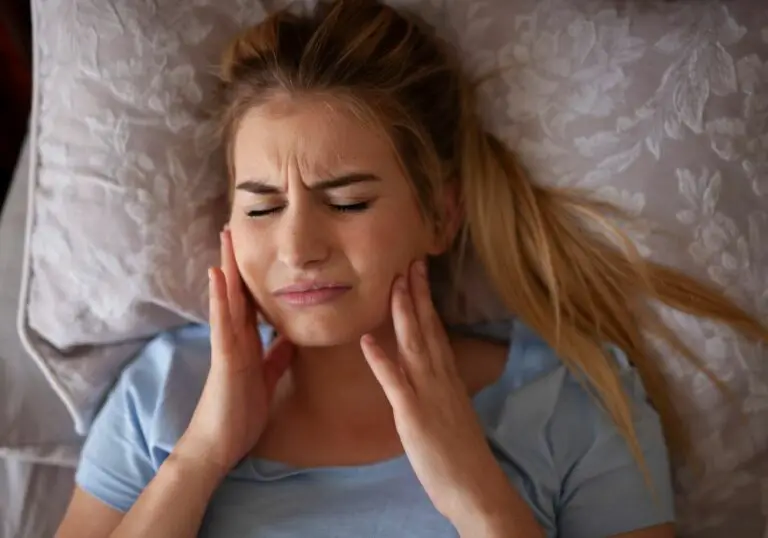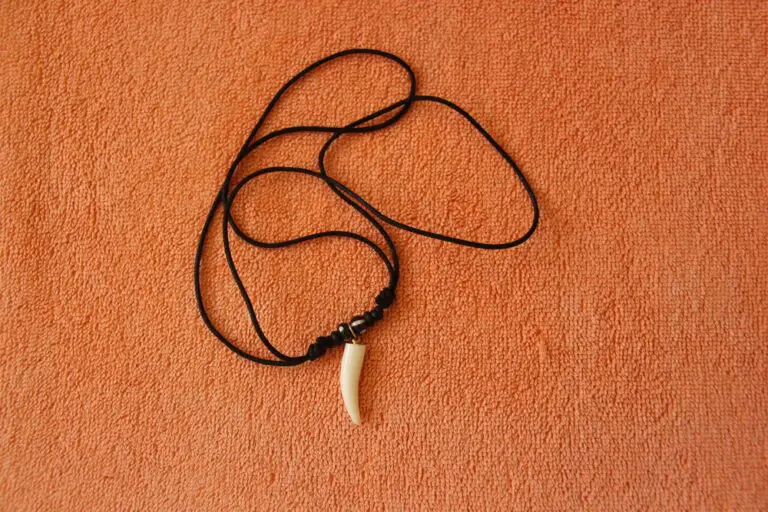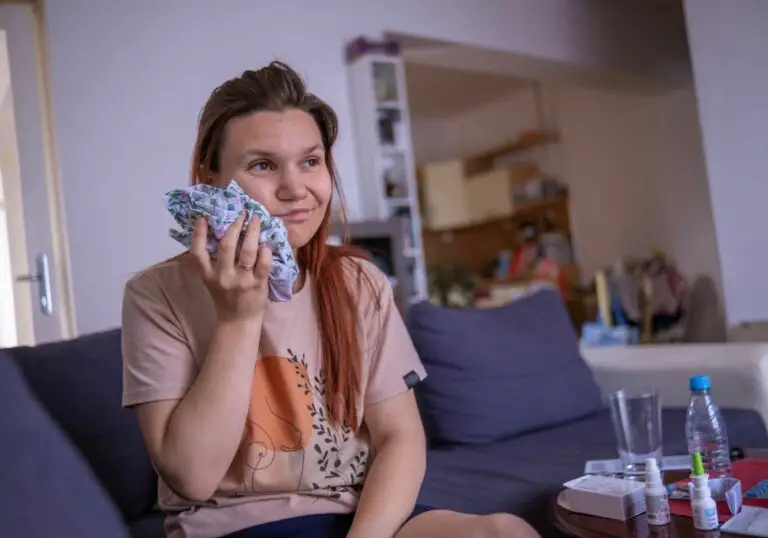Why Does My Son Not Want to Brush His Teeth?
It’s a common source of frustration for parents when their child resists brushing their teeth properly and regularly. Children often see toothbrushing as an unpleasant chore imposed on them, while parents know it’s crucial for maintaining good oral health. So why is it that kids dislike brushing so much? There are several key reasons behind this resistance.
It’s Perceived as Boring
For most children, having to repeatedly brush their teeth twice a day seems incredibly dull. They long for fun activities and variation, while toothbrushing is repetitive and mundane in their eyes. Very young children may have trouble focusing on the task for a full two minutes. Their attention spans are short, and standing still to scrub each tooth thoroughly feels tedious.
Older children and pre-teens have longer attention spans, but still find the routine nature of brushing boring. They want stimulation and entertainment, seeing toothbrushing as an unpleasant necessity. Kids who struggle to finish homework or chores may especially resist yet another task that lacks excitement. Making it fun by allowing them to brush along to music or use a toothbrush with their favorite character can help.
The Sensations Can Be Uncomfortable
Some kids may have sensory issues that make parts of brushing uncomfortable. The tingling minty taste of toothpaste and foaming texture it creates can overwhelm their taste buds and tactile sensitivity. Even the feel of stiff bristles scrubbing their teeth and gums repeatedly can be irritating. This discomfort makes them want to avoid brushing altogether or do a quick, subpar job.
Using a soft-bristled brush and trying non-minted toothpastes can help reduce unpleasant sensations. Letting them wipe the excess toothpaste off their mouth or rinse repeatedly also decreases overwhelming foaming and flavors. Introducing these new products gradually helps them adjust.
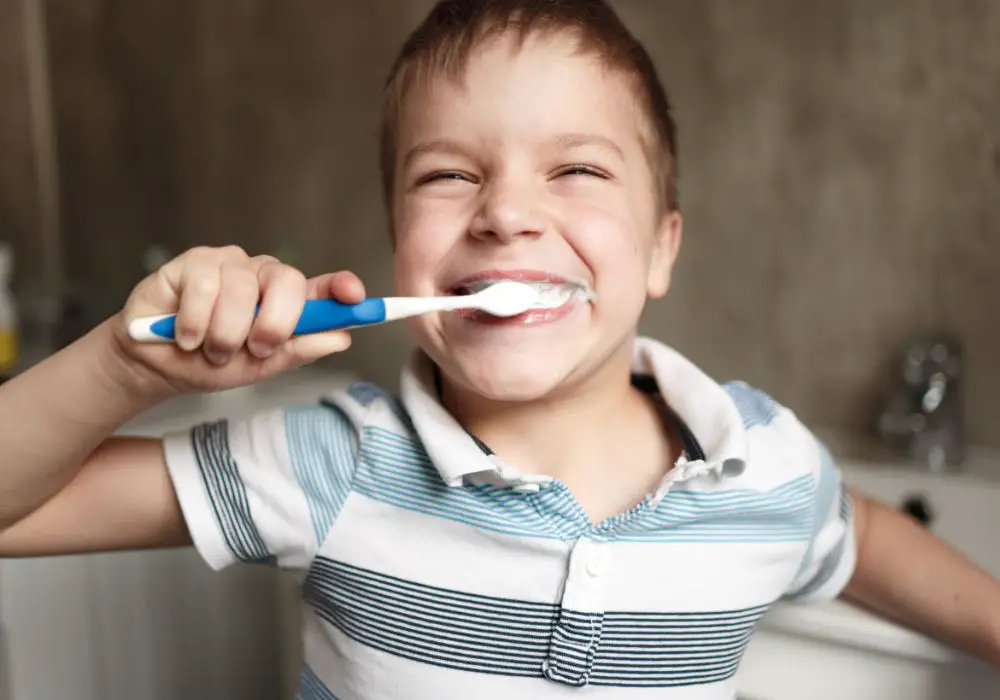
They Want More Autonomy
Young children are just starting to assert their independence and make more choices about their daily activities. Toothbrushing may be seen as a non-negotiable task imposed on them by parents. Resisting it gives them a sense of control and autonomy. They want to demonstrate their ability to make decisions, while parents want compliance and cooperation.
Giving options like picking out a new toothbrush or toothpaste flavor allows them to exercise some choice. Letting them take the lead on brushing with supervision also makes it feel less forced. However, parents still need to set clear expectations for regular proper brushing.
The Benefits Aren’t Obvious
It’s hard for kids to care about toothbrushing when they can’t see instant gratifying results. Cavities, gum disease, and bad breath seem very distant and abstract. They want to play and have fun, not think about long-term dental health. The benefits of brushing like a clean mouth, fresh breath, and bright smile aren’t always apparent or motivating.
Parents can help by explaining the more visible short-term rewards like having a minty taste in their mouth or a shiny white smile. Demonstrating how a dirty toothbrush proves they’re removing germs also makes it feel worthwhile. But it still remains a challenge to get kids invested in preventative health.
It’s Low on Their List of Priorities
Between school, extracurricular activities, playing, and socializing, toothbrushing simply isn’t high on most kids’ priority lists. They focus time and energy on what’s exciting and important to them in the moment. Dental care is part of maintaining long-term health, but children are wired to seek immediate gratification.
Establishing toothbrushing as the last step in their bedtime routine can help. When it signals the end of the day and getting ready for sleep, they’re more likely to cooperate. It’s still a chore, but a sign that desired fun activities like reading or being with parents are coming next.
They Want to Assert Their Will
Sometimes kids resist toothbrushing simply as a way to demonstrate their independence and autonomy, particularly from parental authority. After a long day of being told what to do by adults, they may look for opportunities to show their willpower and say “no.” Turning toothbrushing into a battle of wills fuels their desire to assert themselves.
Parents can avoid this power struggle by giving kids appropriate choices in the process and praising cooperation. Allowing some reasonable resistance honors their need for autonomy without compromising dental health. Staying calm but firm in expectations is also key.
Consequences of Poor Oral Hygiene in Kids
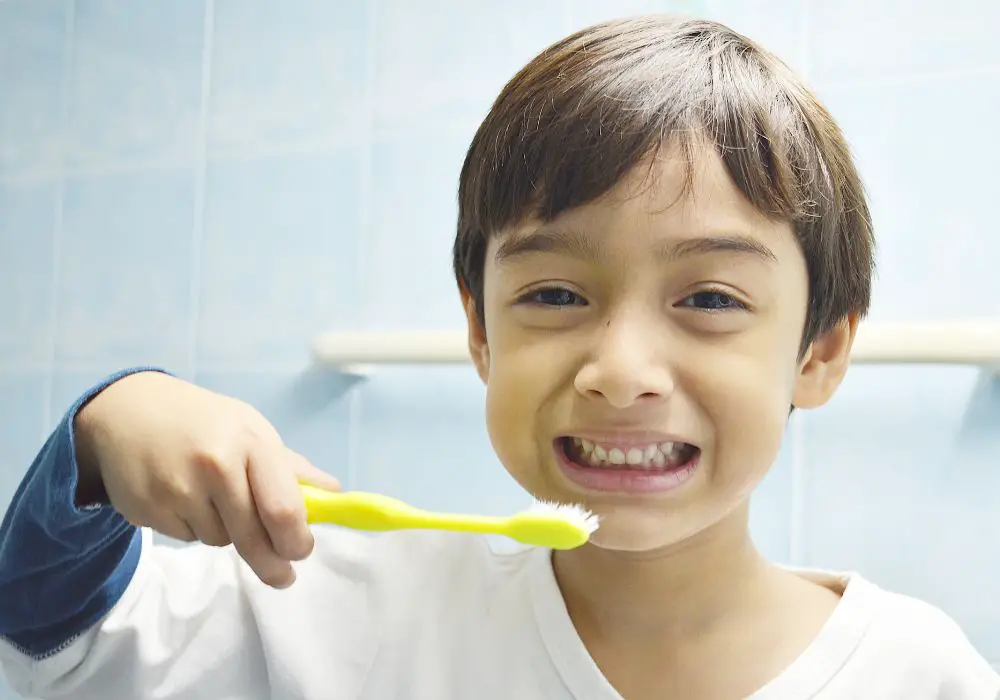
While resistance to brushing is normal in children, consistently poor oral hygiene habits can lead to problems down the road. Here are some of the most common consequences when kids don’t brush adequately or frequently enough:
Cavities
Cavities are holes that form in the enamel surface of teeth when acid wears away at the mineral structure. They develop when oral bacteria like Streptococcus mutans adhere to teeth and feed on food particles and carbohydrates from the diet, producing acid as a byproduct.
This acid causes demineralization of enamel, which weakens it. When not removed by thorough daily brushing, the bacteria continue producing acid which eats away at the tooth surface and causes decay. Cavities can lead to brown spots, sensitivity, cracked teeth, and abscesses if not treated.
Gingivitis
Gingivitis is inflammation of the gums surrounding the base of teeth. It’s caused by a buildup of plaque, a sticky film of bacteria and food debris on teeth. Without regular brushing, this plaque accumulates and irritates the gums. The toxins from bacteria inflame the gum tissue, causing redness, swelling, and bleeding.
If untreated, gingivitis can advance to periodontitis, a more severe gum infection affecting the bone and ligaments around teeth. This can lead to receding gums, loose teeth, and eventual tooth loss in children and adults.
Halitosis
Halitosis is the medical term for bad breath, which most often arises from an accumulation of bacteria in the mouth. The bacteria release smelly sulfur compounds as they break down food particles on the tongue, gums, and teeth. Thorough brushing of all oral surfaces helps remove these odor-causing bacteria.
Without proper oral hygiene habits, bad breath can become a chronic problem. The smell can cause social embarrassment for kids and teens. Masking it with mints only provides temporary relief.
Tooth Discoloration and Staining
Certain foods and beverages like coffee, tea, berries, and tomato sauce can stain and discolor tooth enamel. Brushing helps slough off these staining substances before they set and become ingrained. Without regular brushing, compounds seep into pores in the enamel leading to dull, yellowed teeth over time.
Tooth discoloration due to poor hygiene habits can negatively impact a child’s smile and self-esteem. Professional teeth whitening is an option but costs time and money. Better to teach kids good brushing technique early on.
Establishing thorough oral hygiene habits in childhood is crucial for avoiding these issues and maintaining dental and overall health long-term.
Strategies for Getting Kids to Brush Regularly
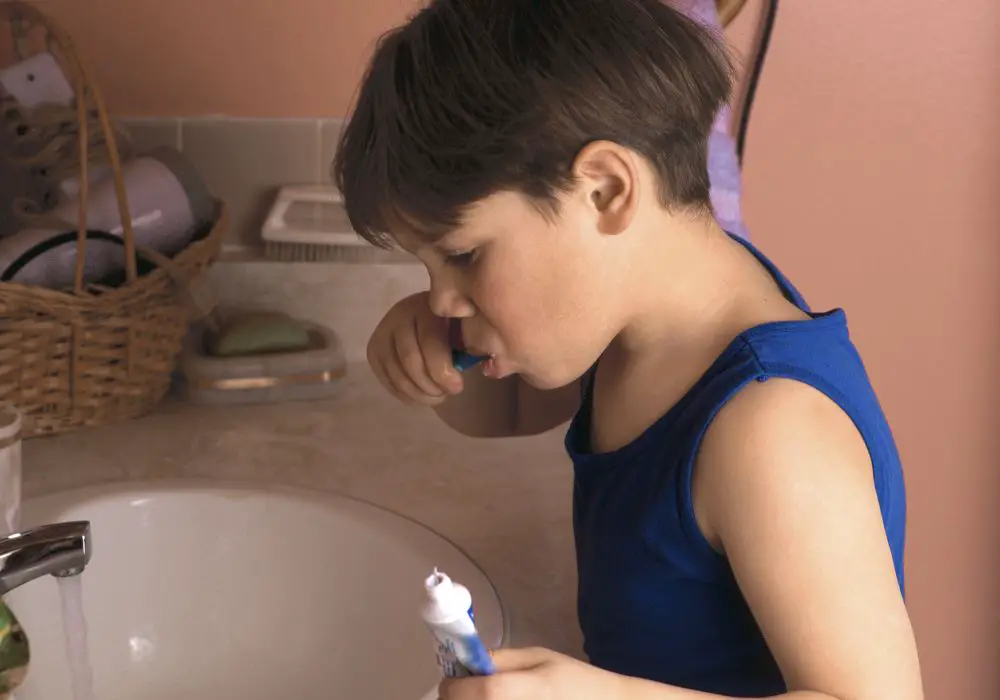
Given that toothbrushing is a chore for most children, parents need to employ creative techniques to get kids in the habit of regular brushing:
Start Young with Baby Teeth
Don’t wait until a child has a full set of permanent teeth to begin brushing. As soon as the first baby teeth come in, get kids used to having their teeth brushed. Use a soft baby toothbrush and gently clean new teeth and gums. This sets the stage for toothbrushing being part of their daily routine for life.
Make Brushing Fun
Since boredom is a huge factor, make brushing more interesting and engaging. Let kids pick out their own toothbrush with appealing colors, characters, or lights. Play fun upbeat music while they brush. Turn it into a game by having them brush stuffed animal teeth too. Temporary toothpaste colors also make it exciting.
Demonstrate Good Habits
Children are much more likely to brush diligently and effectively if they see parents modeling the same behavior. Brush together in the bathroom, describing what you’re doing and why. Emphasize using a timer, proper technique, and cleaning all tooth surfaces. Kids want to imitate their parents’ habits.
Offer Appropriate Choices
Giving kids some choices makes them feel part of the process rather than controlled. Within reason, allow them to pick the toothpaste flavor, brush design, or brushing soundtrack. This ability to decide certain aspects increases their willingness to cooperate.
Set a Timer
Brushing for the recommended two minutes can feel endless for kids. Use an egg timer, stopwatch, or phone app timer to mark the time span in a concrete way. Fun two-minute songs also help the time pass quickly. Gradually increase to two minutes as their skills improve.
Praise Cooperation
Provide consistent positive reinforcement when kids brush well for the full two minutes. Rather than criticizing occasional lapses, reward any effort in the right direction. A sticker chart tracking successes motivates some children. Just avoid food rewards which contradict dental health goals.
Make it Part of a Routine
Link brushing to another part of kids’ set daily schedule, like after breakfast and before bed. The predictability helps remove resistance since it’s expected. Bedtime is ideal as it signals fun winding down activities like reading to come next. Brushing can even be incorporated into bath time.
Parental patience combined with making it fun, desirable, and routine will go a long way in developing toothbrushing habits kids will benefit from lifelong.
Frequently Asked Questions about Kids and Brushing
Here are answers to some common questions parents have regarding children’s oral hygiene:
Q: What age can kids start brushing their own teeth?
A: With supervision to ensure thoroughness, most children can start brushing their own teeth around ages 3-4. However, parents should continue brushing for them or doing a final check until around age 7 when dexterity and technique improve.
Q: How do I make toothpaste taste better for picky kids?
A: Look for kid-specific toothpastes in fun flavors like bubblegum, fruit punch, or watermelon. Slightly watering down regular mint toothpaste can help too. Introduce the taste slowly. Eventually, transition to standard fluoride toothpaste to prevent cavities.
Q: Should I force my resistant child to brush?
A: Forcing children often backfires, turning brushing into a power struggle. Stay calm but firm in expectations, allowing some flexibility like listening to music. Praise any cooperation to reinforce good habits using positive motivation.
Q: What toothbrush features are best for children?
A: Seek out small, soft-bristled toothbrushes designed for kids. Shorter handles and compact brush heads fit their mouths better. Electric options provide stimulation but are expensive to replace when dropped frequently.
Q: Why does my child dislike the foaming texture of toothpaste?
A: The tingling, foamy effect of toothpaste can overwhelm some kids’ tactile sensitivities. Let them wipe their mouth after brushing or rinse repeatedly. Use non-gel toothpaste for less foaming. Introduce regular toothpaste gradually once they adjust to reduce sensitivity.

